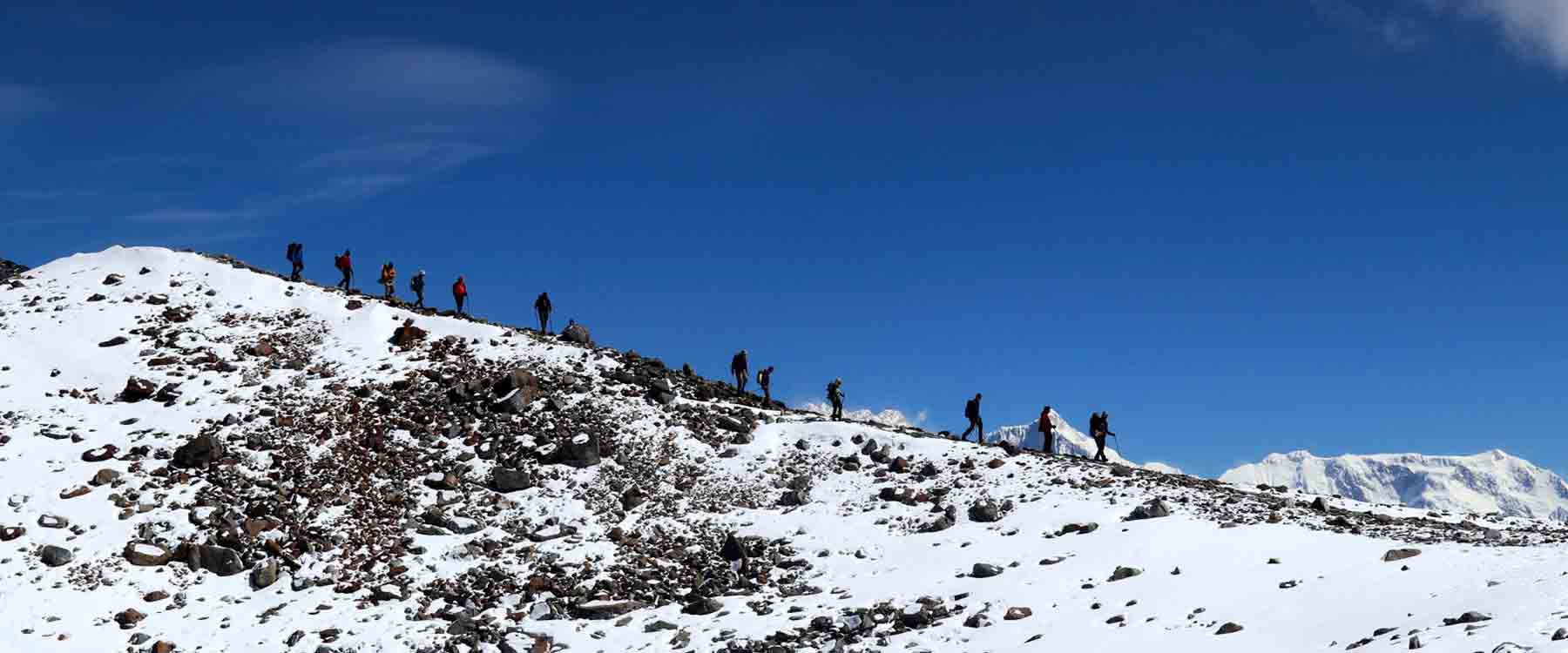- info@mountadventureholidays.com
- +977 - 9843746611

Nepal is planning to increase the cost of climbing Mount Everest by $4,000 to $15,000 starting in 2025, marking the first price rise since 2015. The move comes amid a rise in the number of cases of dead mountaineers being abandoned on the mountain. The cost of a climbing permit for foreigners is $11,000, while Nepalese climbers are charged a cheaper fee of around £400. Regulations will also include a rule that the dead bodies of climbers must be brought down from the mountain. Experts predict this will be one of the deadliest years in history on the mountain, with 17 people killed since 2023. The hiked climbing fee will improve insurance coverage, salaries for porters, high-altitude workers, guides, and facilities. Nepal issued a record 478 permits to climb Everest this spring, with over 300 deaths since 1953. The decision to increase the climbing fee aims to ensure better safety measures and support for climbers. Additionally, the implementation of regulations regarding the retrieval of dead bodies reflects a commitment to preserving the sanctity of the mountain and respecting the lives lost during these expeditions.
Nepal's government plans to increase Everest permit fees by 36%, with the main concern being the impact on permits to climb Everest from Tibet. The Department of Tourism has proposed a raise from the current $11,000 fee to $15,000 per foreign climber, but will not raise the price until 2025 to allow the market time to adapt. Expedition outfitters have already fixed the prices for their 2025 spring expeditions, and their Everest teams are virtually full. The China Tibet Mountaineering Association (CTMA) has not given the permit rates for next year yet, making pricing and promoting the expedition in Tibet a challenge. The cheapest expedition prices, including permits, wouldn't be less than $45,000, but rising permit fees are unlikely to stop Everest climbers from flocking to the mountain. Everest expeditions currently range from roughly $50,000 for the lowest-cost offers to $300,000 for premium VIP options. In Pakistan, royalty fees have increased this year, with no official announcement yet, but companies expect them to keep growing in 2025.
Nepal's government plans to cut climbing fees and waive them for some Himalayan peaks to attract mountaineers during Visit Nepal 2020. The Department of Mountaineering will issue no fees for Cho Oyu, the sixth highest mountain in the world at 8188 meters. Permits for Dhaulagiri (8167 meters) and Kanchanjunga (8586 meters) will be issued at a 50% discount. The climbing fee for Everest is set at $11,000 per person in the spring season, while other eight-thousanders are set at $1,800 per person. No fees will be charged for other mountains like Api, Saipal, Ganesh Himal, Gyalzen Peak, and others. The new rules aim to improve safety on Nepal's mountains, including Everest, following the deaths of nine people on the world's highest peak this year. The discounted permits for Dhaulagiri and Kanchanjunga are part of the government's efforts to promote climbing on these mountains and attract more climbers. Additionally, the decision to waive fees for other mountains aims to encourage climbers to explore and experience the diverse range of peaks in Nepal.
Everest permits will cost $15,000 in 2025. The increase in the cost of Everest permits starting in 2025 is due to various factors, such as rising maintenance expenses, improved safety measures, and increased demand for mountaineering expeditions. This price adjustment aims to ensure better infrastructure and services for climbers while preserving the unique and challenging experience of scaling the world's highest peak.
© Copyright 2025 Mount Adventure Holidays ,All rights reserved. | Developed by : Web Design In Nepal